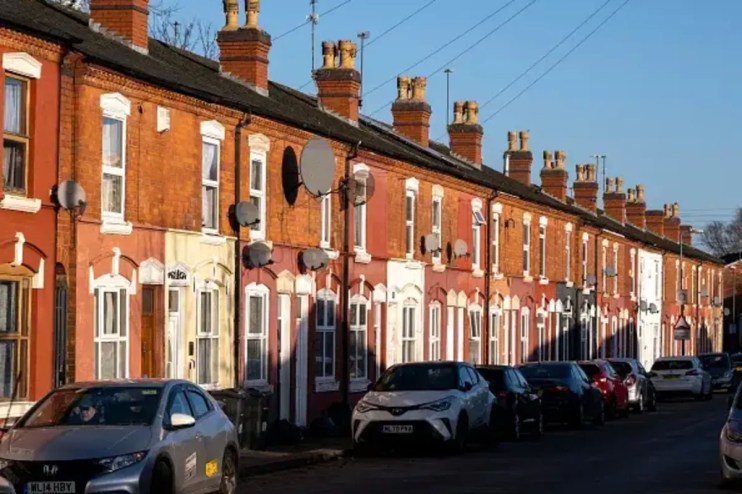| Updated:

Despite uncertainty about the coming Autumn budget, buyers continued to pile into the property market after the Bank of England cut interest rates, with the number of homes sold up by a third year on year.
The number of sales agreed rose by 29 per cent, while the number of potential buyers contacting estate agents rose by 17 per cent year on year, according to Rightmove’s house price index.
Sales have been boosted by a drop in the Bank of England’s base rate, which fell from 5.25 per cent to five per cent earlier this year. The rate is expected to drop further in November.
Recently, house prices in the UK rose by 2.8 per cent according to the Office for National Statistics, which said the average sat at £293,000 in the year to August 2024, though London prices are typically higher.
“Sales activity has not only bounced back from the low of last year but has continued an upward trajectory,” Tim Bannister, the director of property science at Rightmove, said. “There is also a healthy level of underlying buyer demand as people continue to plan their next move.”
The number of homes available was 12 per cent higher than last year, and the highest per real estate agent since 2014.
This 10-year record, which provided buyers with more choice and negotiating power, meant that the average price of a property coming to the market rose just 0.3 per cent month on month to £371,958.
Tomer Aboody, director of specialist lender MT Finance, said: “As a greater volume of properties come up for sale, this is creating a buyers’ market with those who can afford to buy having increased choice, enabling them to negotiate a better price.
Chris Little, chief revenue Officer at finova, said that today’s data is “another positive sign that the market is recovering, albeit slowly”.
“With sub-5 per cent mortgage rates becoming more popular, and potential interest rate cuts on the horizon, homebuyer confidence is rising, and we’ll likely see modest price growth through year-end,” Little added.
A ‘budget-shaped cloud’ on the horizon?
With the budget less than two weeks away, rumours about potential tax hikes – many of which could affect the property market – have reached fever pitch.
With income tax, national insurance, VAT and corporation tax off the table for the budget, capital gains tax, pension taxes, inheritance tax and stamp duty are in focus.
Two of these taxes – capital gains and stamp duty – would have a direct impact on the housing market by affecting incentives to buy and sell property.
A rise in capital gains tax, the tax on profit made when selling an asset, would squeeze margins for landlords selling buy-to-lets or completing property flips, while a rise in stamp duty would disincentivise first-time buyers.
However, Aboody said that “even with the uncertainty around the Budget lingering in the background, many buyers are still choosing to take the plunge, not knowing whether whatever the Chancellor announces could end up reducing their ability to buy if the markets react badly”.
Rightmove’s Tim Bannister added: “Despite a budget-shaped cloud on the horizon, the big picture still looks positive for the market heading into 2025. Market activity remains strong, despite affordability pressures on movers.”
“Once we have more certainty about the contents of the budget, hopefully followed by speedy second and third Bank Rate cuts, we could see another surge in market optimism like we had in the summer,” he said.












